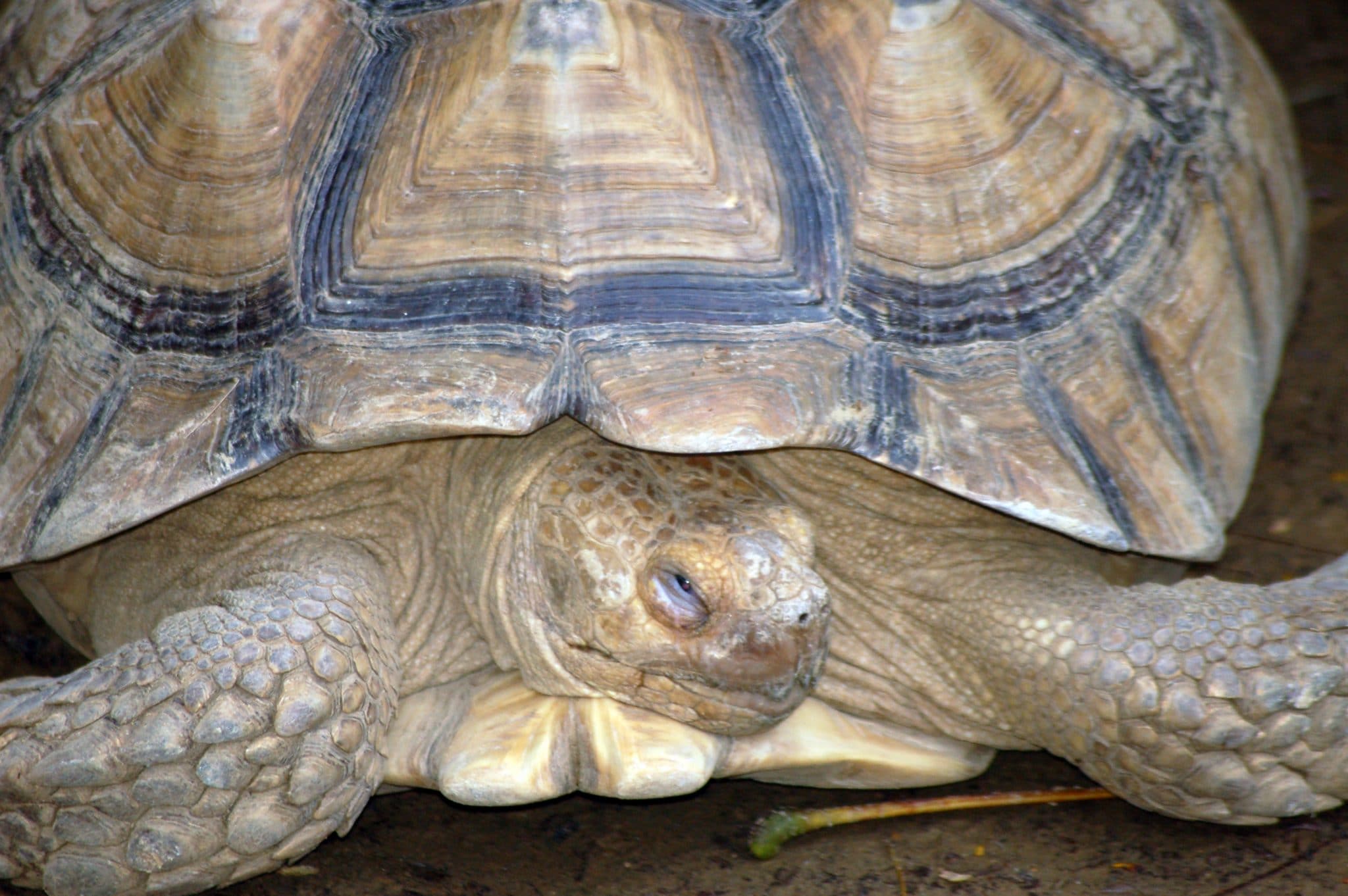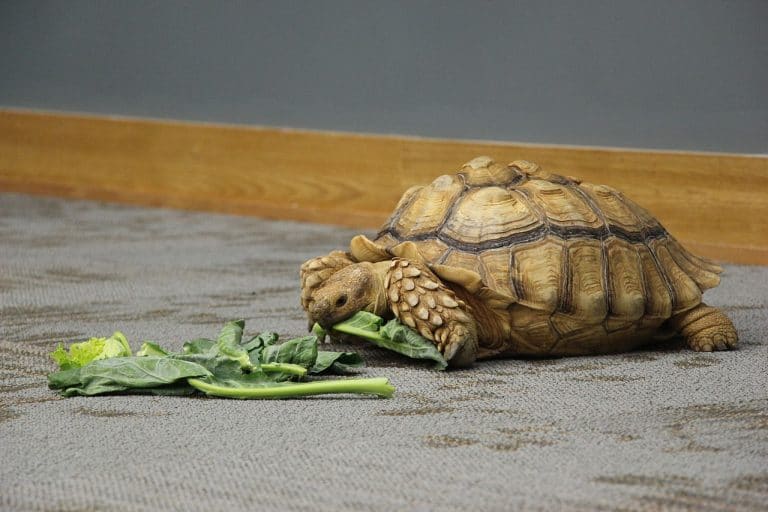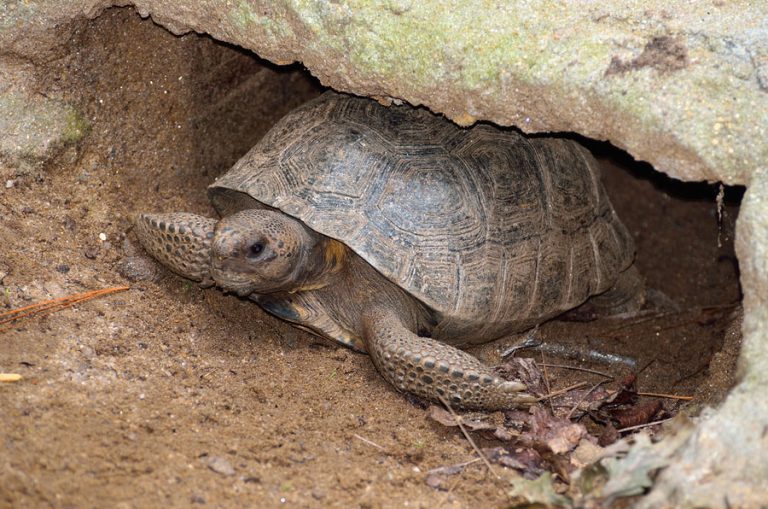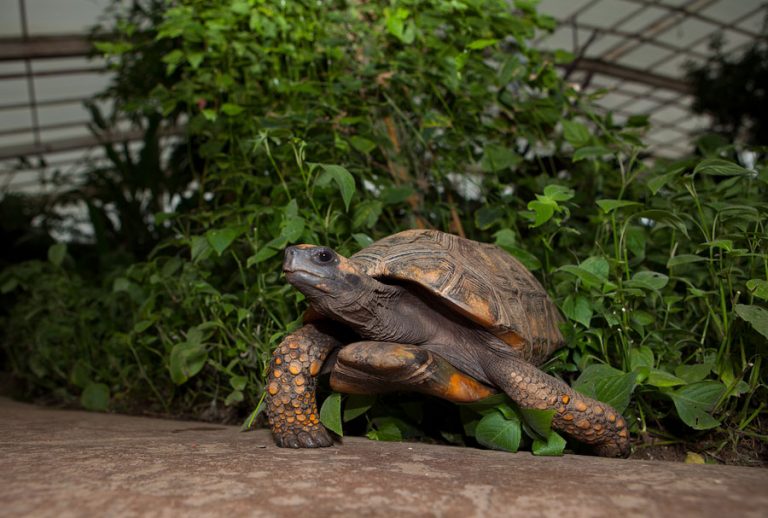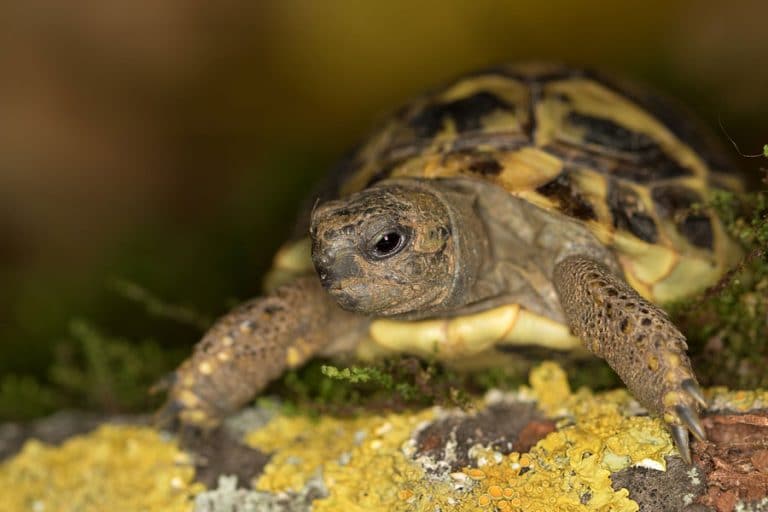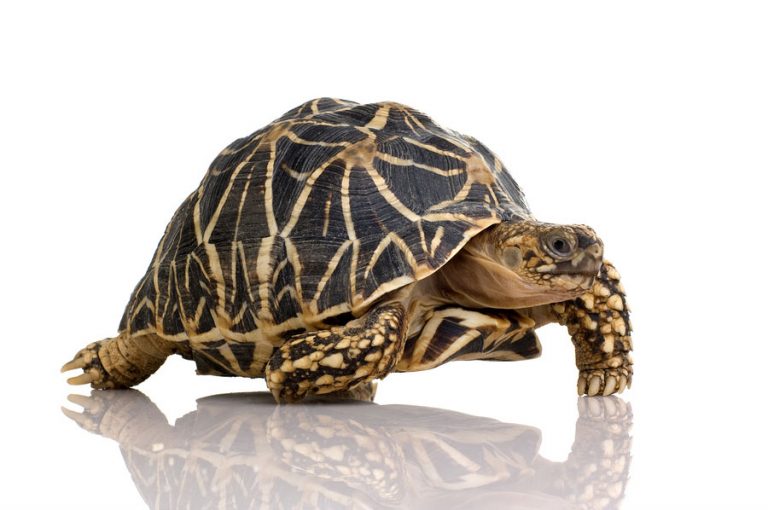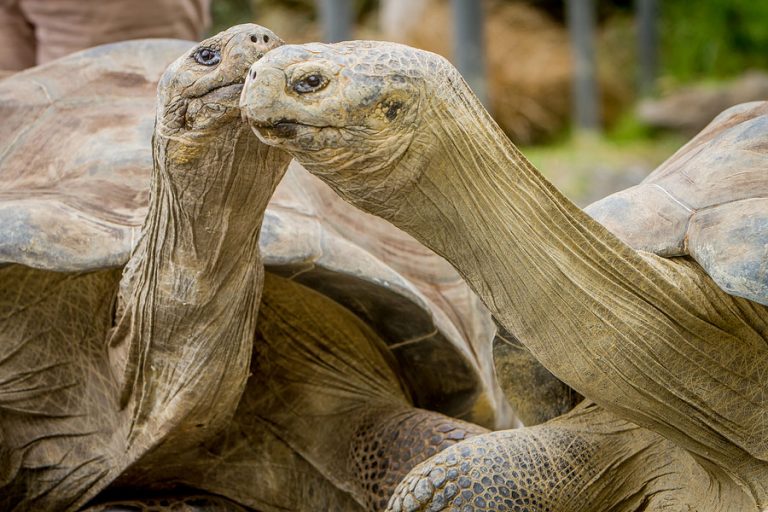A Worldwide Effort to Rescue African Tortoise
Part of being a responsible pet owner is to know every aspect of the animal that one is eyeing to take care of. After deciding that you will bring an African Tortoise, which is also known as the Sulcata Tortoise, there are things that you need to know about the breed that will make your pet’s life more comfortable.
These animals are quickly disappearing from their existing habitats and worldwide efforts persist in saving them. A good pet owner must study in detail all the aspects that affect the good maintenance of the pet. If you have decided to bring one in, you would do well to learn all about the breed that you can, so that you can make its life as comfortable as possible.
Some of the animals said to have a close relationship to the Sulcata are:
Geochelone Elegans
A tortoise family living in south of India
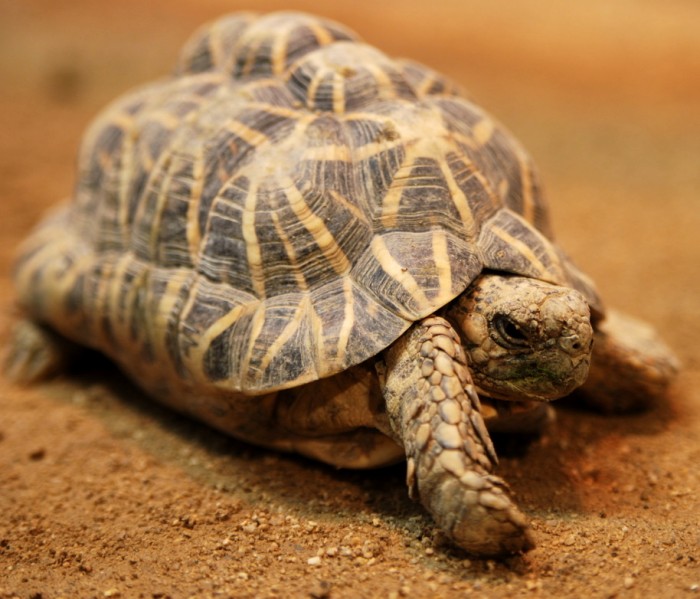
Testudo Graeca
Has four toes and large body with color variations, next only to the Mediterranean variety
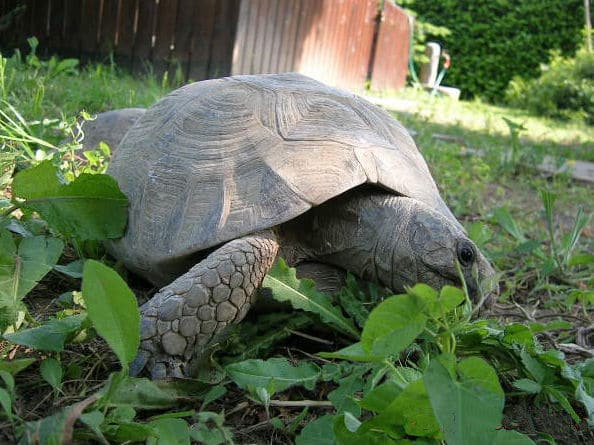
Russian Horsefiel
Considered entry level species in Japan and the USA, largest Mediterranean population
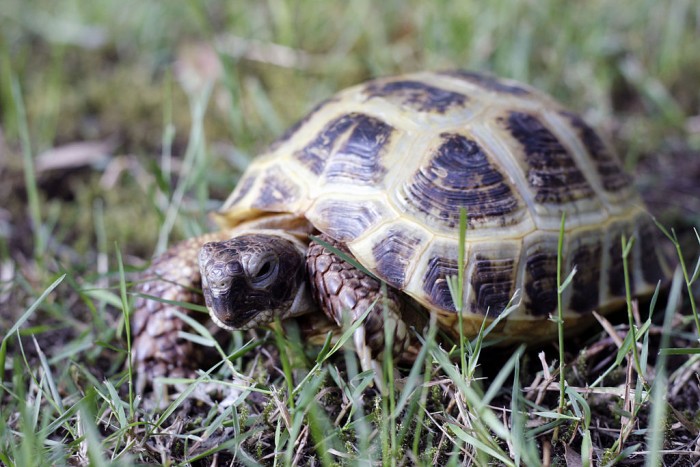
Pancake
Very flat and beautifully patterned shell
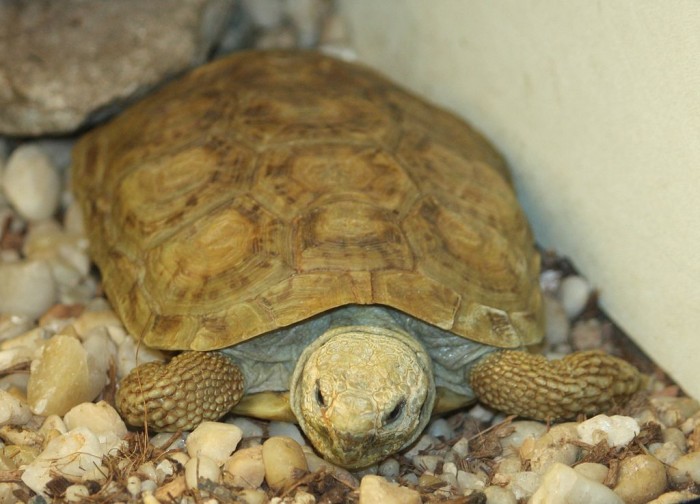
Red Footed
Easy to breed and good for beginners
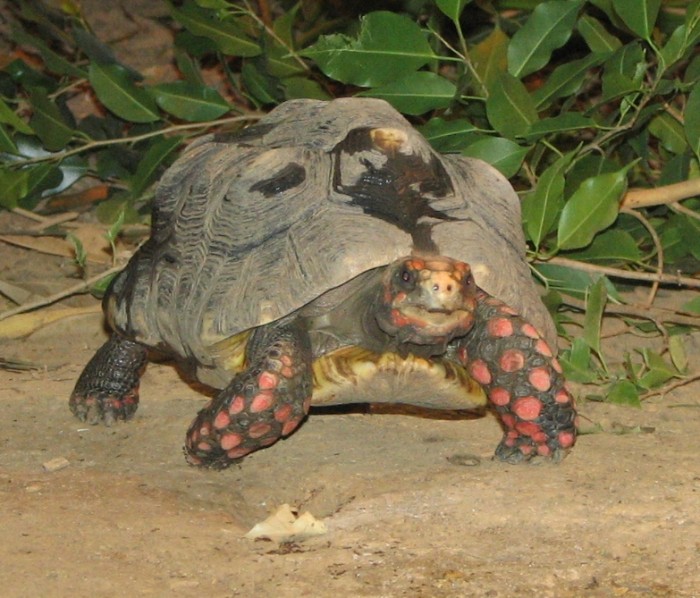
Galapagos
Endemic only to the Galapagos Islands and the largest in the world
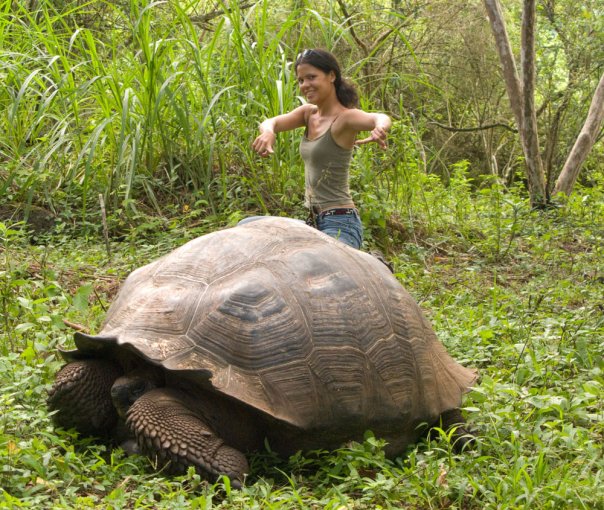
Origin of the African Tortoises
Most Northern regions of Africa are home to the African Tortoises. They are not very fussy on their habitat, and survive equally from the scorching coasts of the Red Sea to the Desserts of the Sahara. They have a wide resistance to habitat adjustment.
Ecological distribution Today
Consistent poaching of the species from their natural habitat in the hundreds is leading to an ecological imbalance despite of the best efforts of wildlife conservation agencies. In today’s scenario, your best bet to buy, especially newly hatched, would be in one of the pet shops across the United States.
Worldwide Mission
The concerted efforts of the different wildlife organizations from all parts of the world are making great strides in ensure that the balance of population remains steady and that they are not being pushed by poaching and other illegal trade to the level of an endangered species.

Having discovered a fondness for insects while pursuing her degree in Biology, Randi Jones was quite bugged to know that people usually dismissed these little creatures as “creepy-crawlies”.

